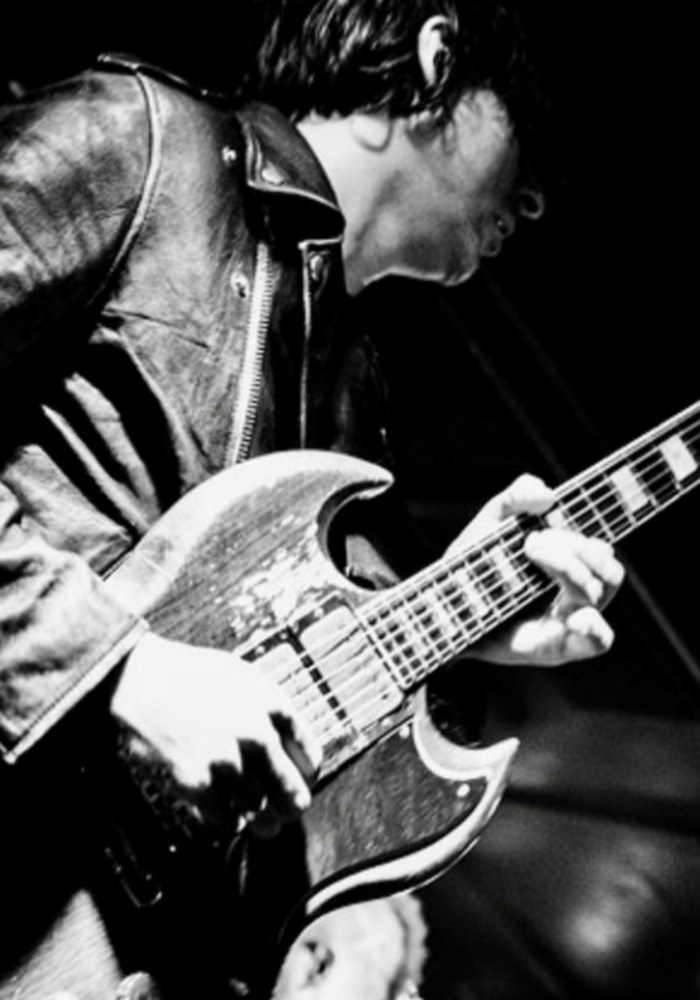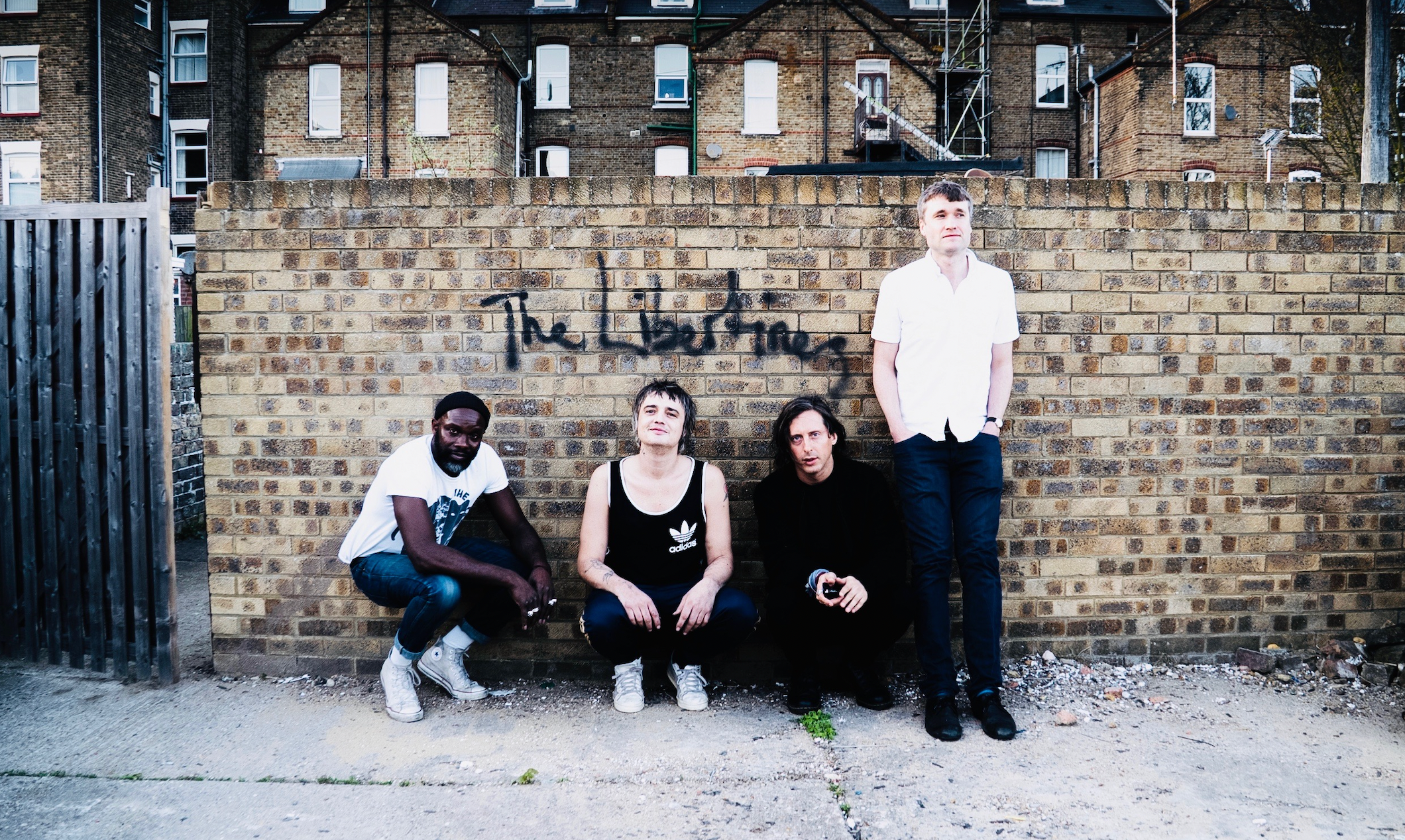Carl Barât isn’t entirely sure where he is. He’s currently caught up in a flurry of touring activity – at the time of our chat he is on a mini solo tour of grassroots venues across the UK, which is sandwiched between a Libertines tour that closed out 2021 and an upcoming summer 2022 tour to mark the band’s breakthrough debut album Up The Bracket. And in a hark back to simpler times, he is speaking to Headliner over the phone and not via Zoom, being quite literally on the road at the time of our conversation. We may not be able to see his face, but the charm and wit that made him one of the most enduring figures in British music over the past two decades exudes in abundance.
“It’s like living in a washing machine spin cycle,” he says with just a hint of disorientation in his tone. “I came off The Libertines tour, then it was Christmas, now we’ve done three dates on the grassroots tour,” he trails off.
Though the mayhem and the hedonism that defined The Libertines and the indie rock movement of the early ‘00s may have settled in recent years, there is still a sense of chaos that surrounds him. In addition to the previously mentioned shows, he is also preparing for a commemorative gig to mark the 15th anniversary of Dirty Pretty Things’ debut album Waterloo To Anywhere. And it’s not just the demands of performance keeping him occupied. He’s currently back in the studio with Pete Doherty and co working on new material, as well as a new album of solo material. And then there’s the matter of running The Libertines’ decadent Margate-based residential studio and creative hub The Albion Rooms. For now, we turn to matters at hand.
The grassroots circuit Barât is presently gracing is part of the Revive Live Tour, which sees the National Lottery partner with the Music Venue Trust in an initiative to help revive small, independent venues. As part of the initiative, The National Lottery is contributing £1 million to directly underwrite the touring and production costs of over 300 live performances this summer. Other artists taking part include Olivia Dean, Twin Atlantic, The Magic Gang and The Futureheads.
“There’s a lot to it,” says Barât of his involvement. “Firstly, I got in touch with the Music Venue Trust, as I’ve opened a couple of live venues myself in Margate. There is the Albion Rooms and an old one I’m resurrecting called Justine’s, which was always the go-to place in Margate but it closed in the ‘90s. The grassroots scene has been decimated by Covid – as has the whole hospitality sector – so this Revive Live Tour is not just to highlight the importance of grassroots venues but to try and get people back out and give venues a chance to not fold.”
While the devastation wrought by the pandemic across the hospitality industry has been widely reported, Barât believes the plight of the indie sector has not been given the coverage it deserves. In his words, not only does this decimation of the circuit ruin the prospects of the next generation of artists, it will leave a cultural void which may be all but impossible to recover.
“[Grassroots venues] have definitely been overlooked and they are such an important thing, culturally,” he says. “The mainstream is just a small part of the spectrum. The grassroots scene is much more everyman’s forum, and losing that means you have to jump to the drum of corporate events. It’s the only way anyone can really cut their teeth.
“That’s where we honed our craft, and that’s true for so many people. We used to affectionately refer to it as the toilet tour, we still do actually,” he laughs, “but places like that aren’t there anymore, like The Princess Charlotte in Leicester and the 12 Bar Club in London, there are so many. There was that smell of beer, the sticky floors, sweat dripping down the walls and the crowd virtually onstage with you. That experience is so magical and you can’t really get it anywhere but those venues.”




